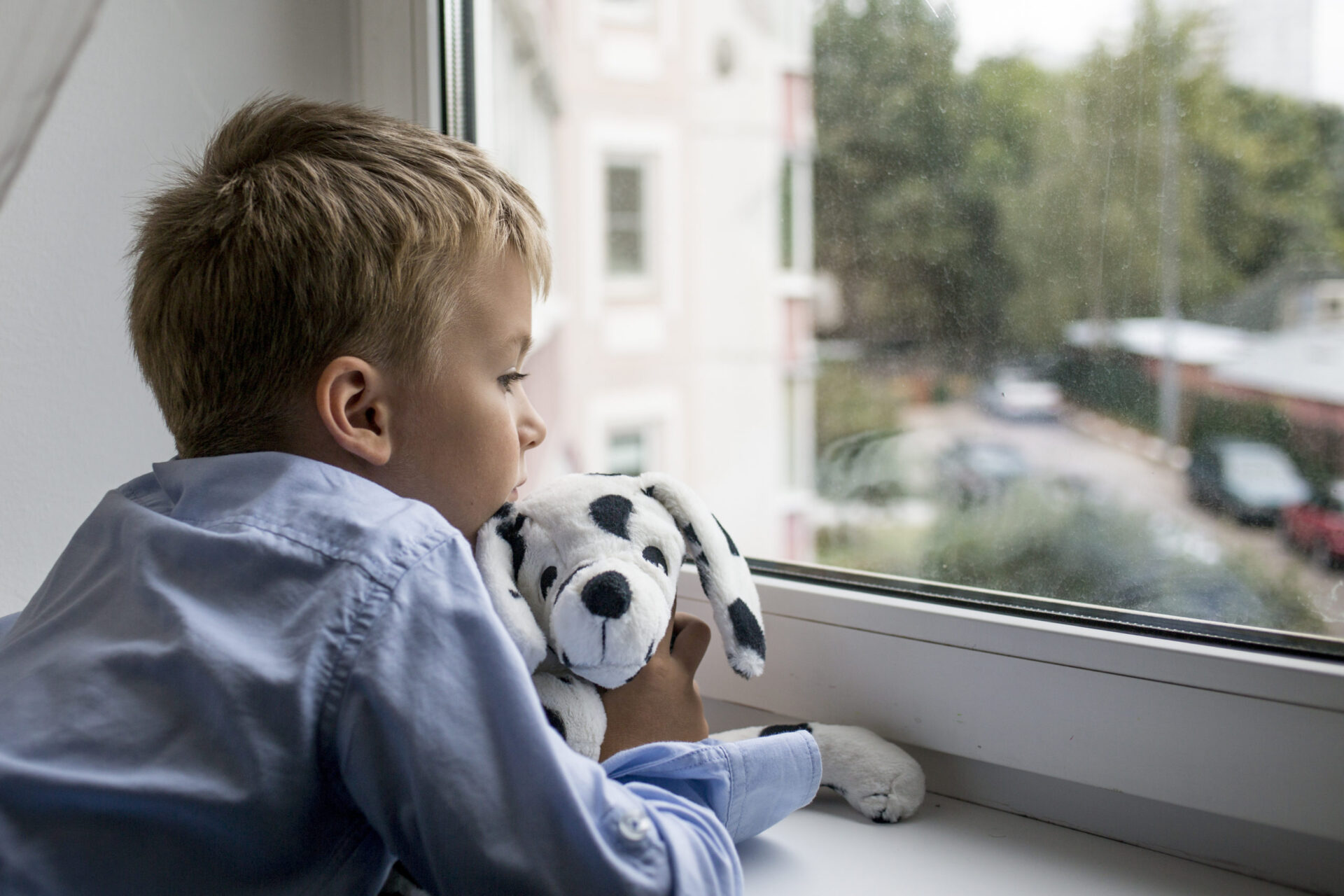 Child Custody
Child Custody
Child Custody: Who’s Choice is it Anyways?
As the dust settles from the arguments that lead to your separation, and you have filed the volumes of financial data your attorney has requested of you, and have neared a mutual decision about the appropriate division of your assets and liabilities, there is one last question to settle. Who gets custody of the most precious asset your marriage produced?
In a perfect world, both you and your spouse will come to a mutual agreement of shared time, shared efforts in your child’s upbringing, and shared decision making capacity in regards to their educational, medical, and emotional wellbeing. You both created your child (Right), shouldn’t you both get to see the benefits (and yes the burdens) of seeing your child grow into a functional and productive adult. Unfortunately, in many cases this seems an alternate reality, a fantasy of sorts for those who undergo family law litigation.
Who’s Choice is it Anyways?
Before you start child custody litigation, it is imperative to know that you are seeking a third party decision regarding the time you may, or may not get to spend with your child. Ultimately a judge will issue a decision, one you may or may not be happy with. That is the consequence of not being able to settle your own disputes. While in a perfect world, your position will be taken 100% into account by the independently partial third party (the wishful thinking perspective), ultimately, the third party will need to make a decision regarding what parent should have legal and physical custody of your child. This removes the decision from your hands, placing it into the hands of a stranger that knows neither you, your opposing party, or the history either of you have in regards to functional child-care.
Remember, California Courts follow a specific rule when making decisions regarding custody. “Custody should be granted in the following order of preference according to the best interest of the child” (California Family Code Sec. 3040). When making rulings regarding what is in the best interest of your child, the court will take into account both parties perspectives, but will determine legal, and physical custody arrangements based upon factors such as the health, safety, and welfare of the child, history of spousal and / or child abuse, the nature and the amount of contacts between the child and the parents, drug and alcohol abuse, and any other factors that are relevant to your case.
If possible, it is best to work with your attorneys to find an amicable solution to your child’s custody schedule, work within mediation, and finally, when all other measures have failed, to pursue litigation to determine your custody arrangements. If you have joint physical or legal custody, both you and the other parent of your child can make decisions about what is in the best interest of your child’s physical and emotional wellbeing. However, in order to avoid further costly litigation, it is imperative to develop healthy communication with your ex as a means stay out of court.
Child custody Disputes are costly. Not only from a financial perspective, but ultimately from the perspective of damage it causes to the people caught in its wake. Ultimately, there are no winners in a child custody case, only individuals left to deal with a multitude of hurt emotions. Taking accountability now, and learning ways to effectively communicate with the other parent of your child may be difficult, but the rewards will be worth the work as it relates to both yours and your child’s emotional health and psychological wellbeing. Who knows, this decision may even help your family heal in a more timely fashion, as you learn effective ways to relate to one another that are inclusive, not divisive in nature.
If you feel stuck, the Maples Family Law is here to help.